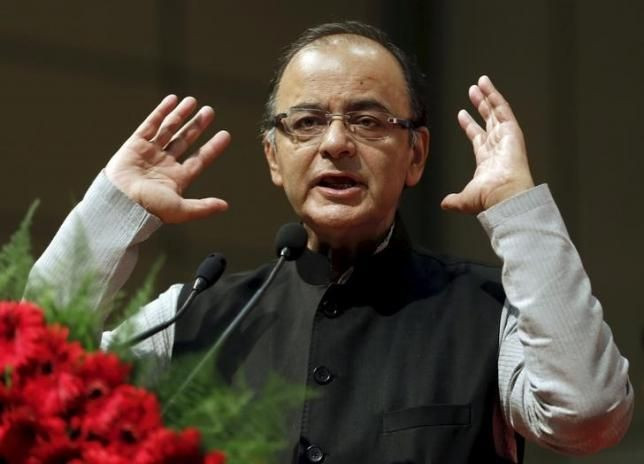India’s Landmark Tax Reform Clears Parliamentary Hurdle

India's upper house of parliament backed a major tax reform on Wednesday that seeks to transform the country into a common market, though opposition benches urged Finance Minister Arun Jaitley not to overtax businesses and consumers.
A bill allowing the constitution to be amended so that a nationwide Goods and Services Tax (GST) could be rolled out was held up for years by political in-fighting. Its passage marks a victory for Prime Minister Narendra Modi as he eyes an economic boost for Asia's third-largest economy.
"GST is one of the most significant tax reforms in the history of India," Jaitley told lawmakers.
The finance minister vowed to roll out the new sales tax as soon as possible, but refrained from committing to a firm schedule after missing the original launch date of April 2016.
The measure would harmonize 11 state and central levies into a national sales tax, reducing business transaction costs. Economists at HSBC forecast the GST would produce a boost of 0.8 percentage points in India's economic growth within three to five years.
The gains are far from granted, however, and much will depend on its implementation, in particular pitching the tax at the right level to offset possible revenue losses without fuelling inflation.
A government-appointed panel has suggested a standard GST rate of 17-18 percent but Indian states want a higher level.
Morgan Stanley reckons a higher rate could push up retail inflation by as much as 70 basis points. That should worry Modi, whose Bharatiya Janata Party (BJP) faces tough tests in crucial state elections next year.
"There is most definitely a risk that the GST will contribute to a pickup in inflation," said Amitabh Dubey, an analyst at Trusted Sources. "That will contribute to negative sentiment."
ROAD AHEAD
The Modi government's most ambitious reform has been a long time coming. The Indian leader had wanted the GST to come into effect in April 2016, hoping to reap its economic dividends in time for his expected re-election bid in 2019.
Although the measure enjoyed broad political support, its passage was blocked by differences over its design, and a series of compromises agreed to win over states risks diluting the tax's impact.
The two-year-old deadlock was broken only after the government offered concessions to the opposition Congress party, which had originally proposed the GST while in power but has opposed what it termed as a "flawed" tax.
P. Chidambaram, Jaitley's predecessor and a senior Congress leader, blamed the government for the deadlock.
"It could have been resolved in five minutes," he said. "But the government was rather stubborn."
Chidambaram warned of the risk of "creeping taxation" and urged capping the GST rate by law at 18 percent to ensure it is "non-inflationary, acceptable to public and an efficient way of taxing without tax evasion".
He also asked for safeguards to prevent any tinkering in the rate without the approval from both houses of parliament.
The passage of the constitutional amendment bill on Wednesday kicks off a legislative marathon in which both the federal and state parliaments will need to pass further laws setting the rate and scope of the GST.
Tax experts say that passing further legislation, training tax collectors, setting up IT systems and preparing companies for the new tax regime makes launching the GST by next April, the start of the next financial year, very challenging.
If all goes well, they say, a July or October 2017 start date looks more probable.
© Copyright Thomson Reuters 2024. All rights reserved.





















